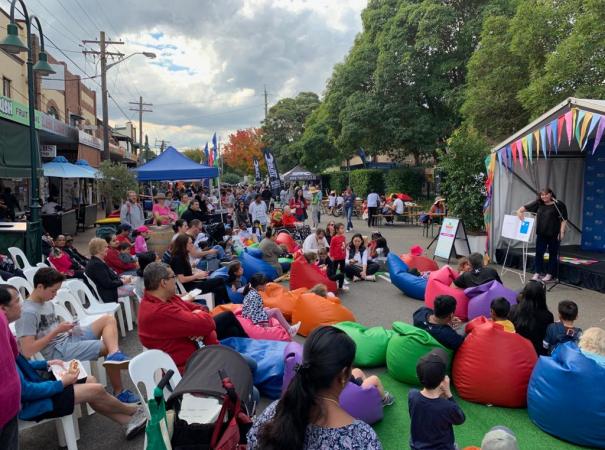
We'll Meet Again - Don't Know Where, Don't Know When
EVENT CONTRACTS AND COVID-19: AN UPDATE
Written by Matt Crouch | Matt Crouch Legal
Aren't we all heartily sick and tired of hearing about covid-19? Me too – "these challenging times" and other clichés - aaagghh! But, unfortunately, it ain't over yet, I'm afraid, and we still need to be thinking about our contracts and how best to emerge from the present yuck in good shape…
In my last MEA newsletter and in my MEA webinar on this subject, I outlined some of the issues surrounding event-business contracts during the current crisis, especially the rules of frustration and the effects of "force majeure" clauses. Time has now moved on. There is some talk of relaxing some of the spatial distancing rules currently in effect. Beaches are being re-opened. I am sensing some optimism, but we just don't know when events of any size will again be permissible…
As you are all painfully aware, a public health order now makes "non-essential" gatherings unlawful. Venues have been forced to close their doors.
If your event was planned to take place at a date when it cannot proceed because of the public health order, there is a strong argument that the contracts for that event have been "frustrated". In my last newsletter, I outlined the varying and uncertain consequences that can have. All depends on:
- what law governs your contract;
- whether the contract has a "force majeure" clause; and
- whether legislation in NSW, SA and Victoria applies and whether, on the true interpretation of the contract, the parties have "contracted- out" of that legislation.
You may remember that I recommended negotiation with clients and suppliers as the best way forward, to generate outcomes that share the risks and rewards in a balanced way. But what if your event is planned for later in the year?
The "sixty-four-thousand-dollar question" is: when will the bans be lifted and when will it be again lawful to hold an event of any size? We really just don't know the answer to this – and this makes current, long-term contracts uncertain, to say the least.
Event planners and their suppliers are currently in a very difficult position. Do you continue with planning and seeking attendance registrations for an event that may be unlawful or otherwise may not proceed? To do so risks effort and cost that may prove to be fruitless. If you don't continue with those efforts, and the event can lawfully proceed, you will also be behind the 8-ball.
Unless you are sure that your event cannot lawfully proceed because of the public health order, you should not seek to cancel your event or terminate your contract at this time. To do so will expose you to a claim that you have "repudiated" the contract. You could be liable (and sued) for the whole of the agreed sum and you may lose future rights to argue for frustration of contract, force majeure and for financial adjustments.
So, what can you do? You could "wait and see" whether the event is still subject to a ban on the proposed date – but that carries all of the risks I mentioned above – wasted effort and cost and the possibility that the event may be lawful and can proceed, but with dramatically reduced attendees.
The only other approach – that I recommend – is, once again, to negotiate with your clients and suppliers. See if you can postpone the event to a time when the ban has lifted. Preserve the financial position, so that monies paid are retained and are applied to the postponed event.
Remember, all events industry participants have a lot at stake here. Uppermost on the list is the need to preserve your relationships with clients and suppliers. Suppliers (particularly venues) that treat their event planner clients with understanding and flexibility, will secure grateful clients that are very likely to come back for repeat business in the future. Event planners generate a lot of business for them!
Those suppliers that "play hard-ball" by insisting on retention of all monies paid in advance or that refuse to consider postponements or other compromise-arrangements, risk losing good clients forever. And that is quite apart from the legal claims that may be generated.
Negotiating an acceptable compromise will require:
- that you have a good idea of the legal position surrounding your contract and the application of the principles of frustration to it;
- that you tread carefully with your communications, if you are not to "shoot yourself in the foot";
- proper documentation
- further consideration of whether the terms of the contract, particularly around "force majeure" need amending. A range of possibilities need to be considered in connection with covid-19. What if the ban is still in force or still in force at a date which makes your planning of the event potentially fruitless?
Simply agreeing to postpone for, say, one month, will be unlikely to give you a good night's sleep – the amended deal will still be fraught with risk.
I sincerely hope that you are all coping with 2020 and that you are all safe and well. Here's hoping that the light on the horizon gets brighter, soon.
- Matt Crouch, Matt Crouch Legal


